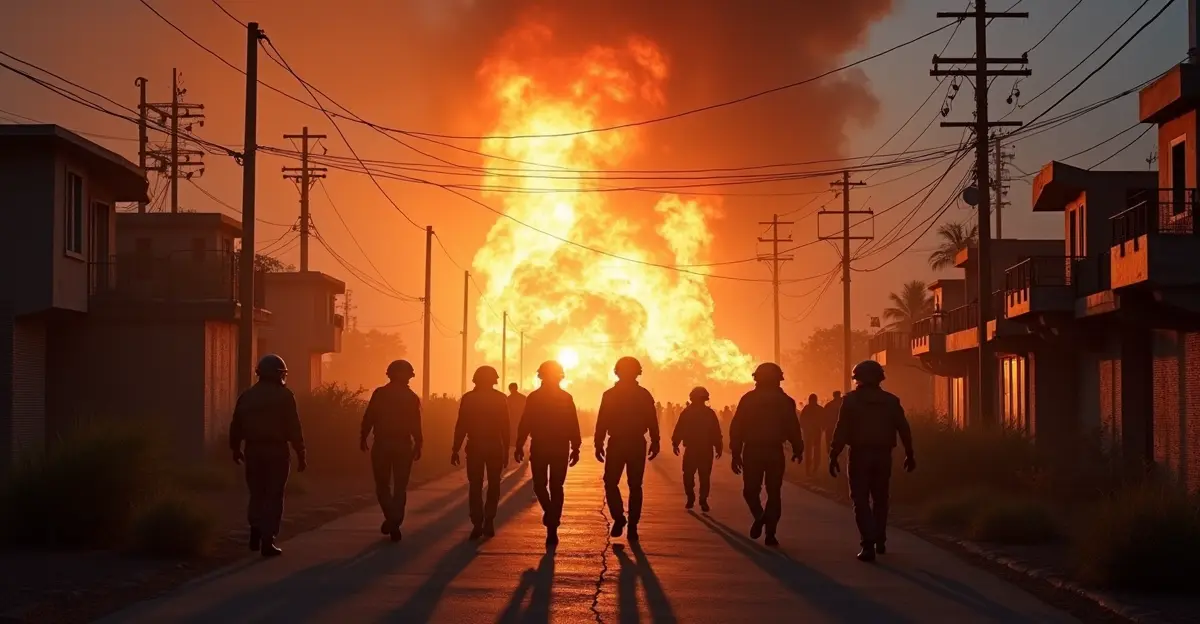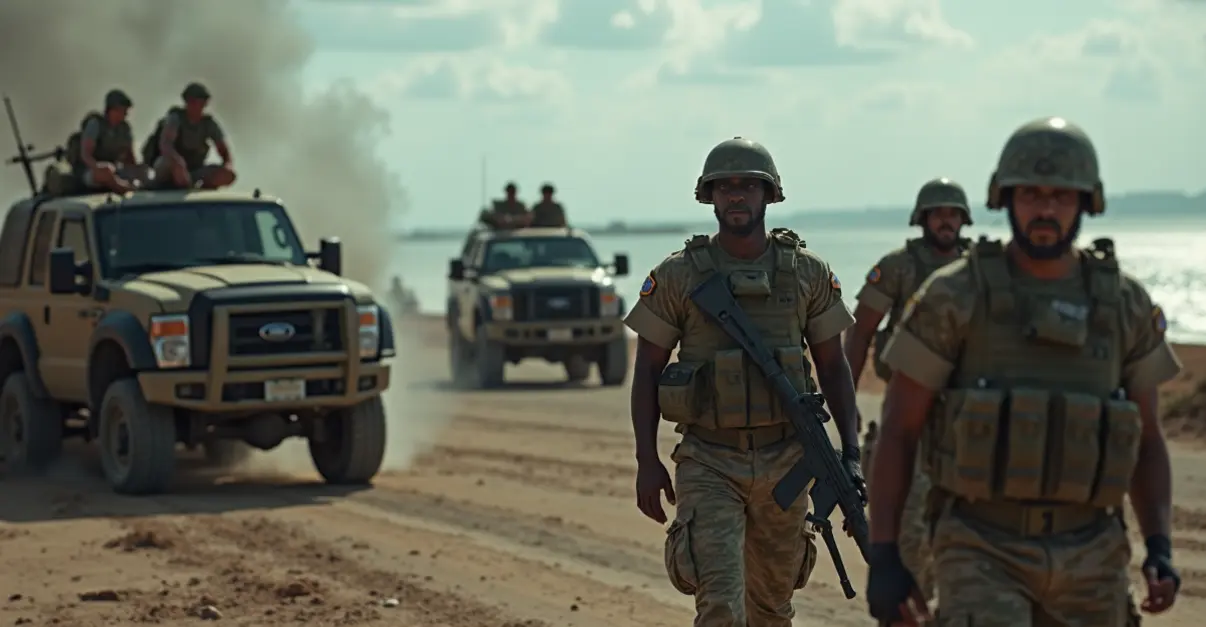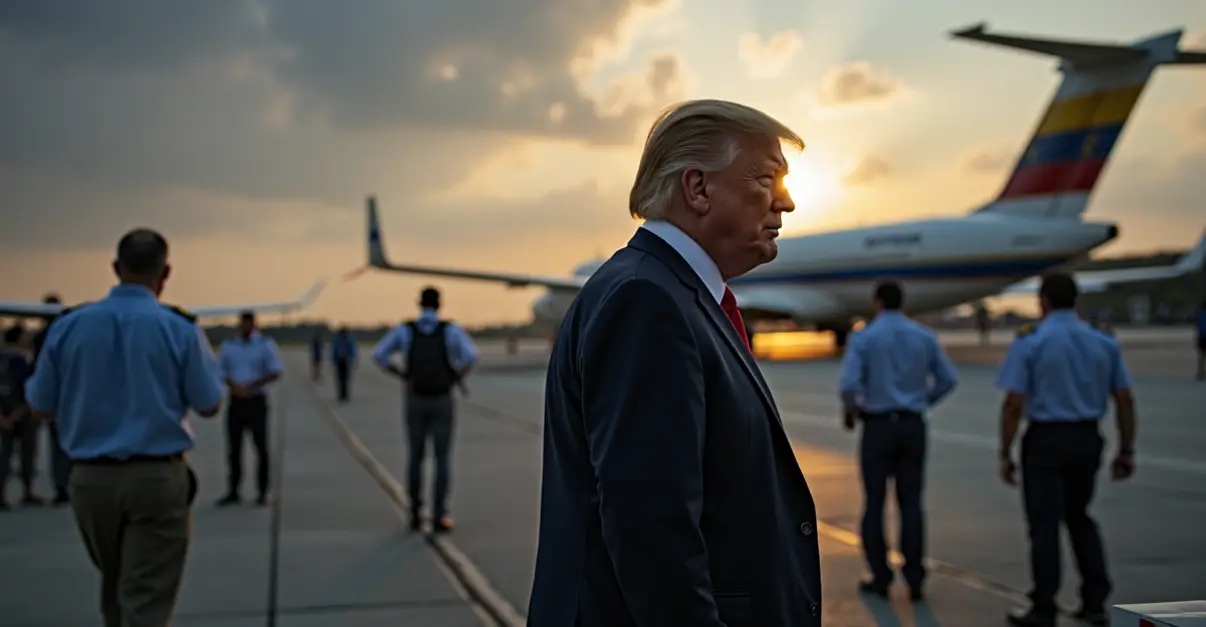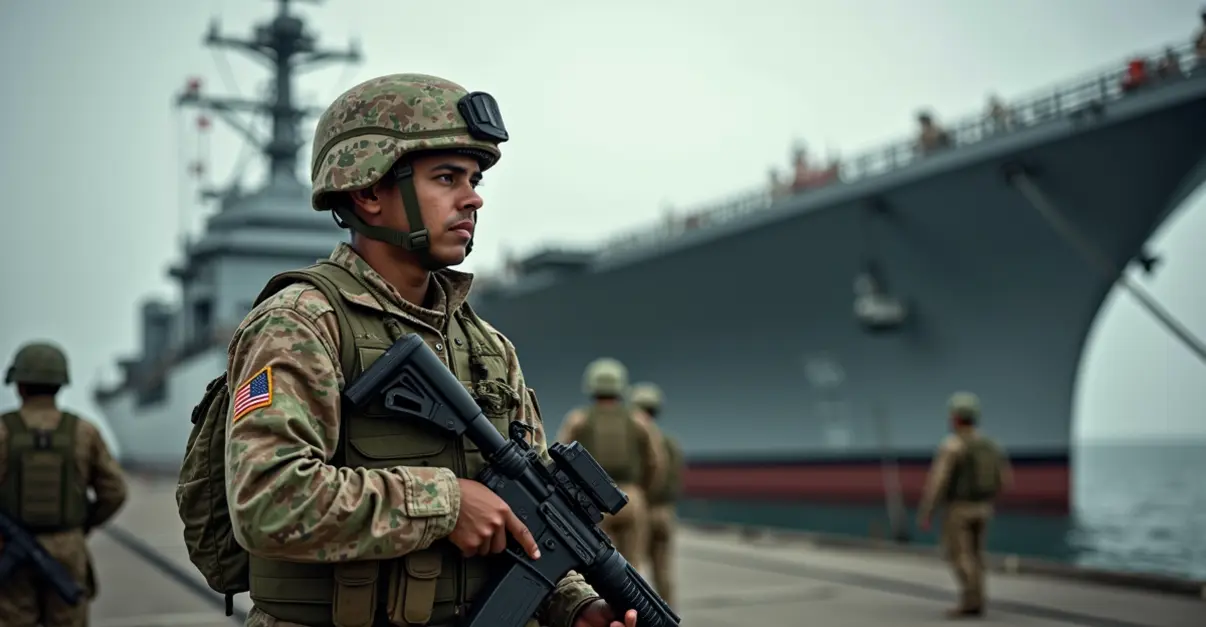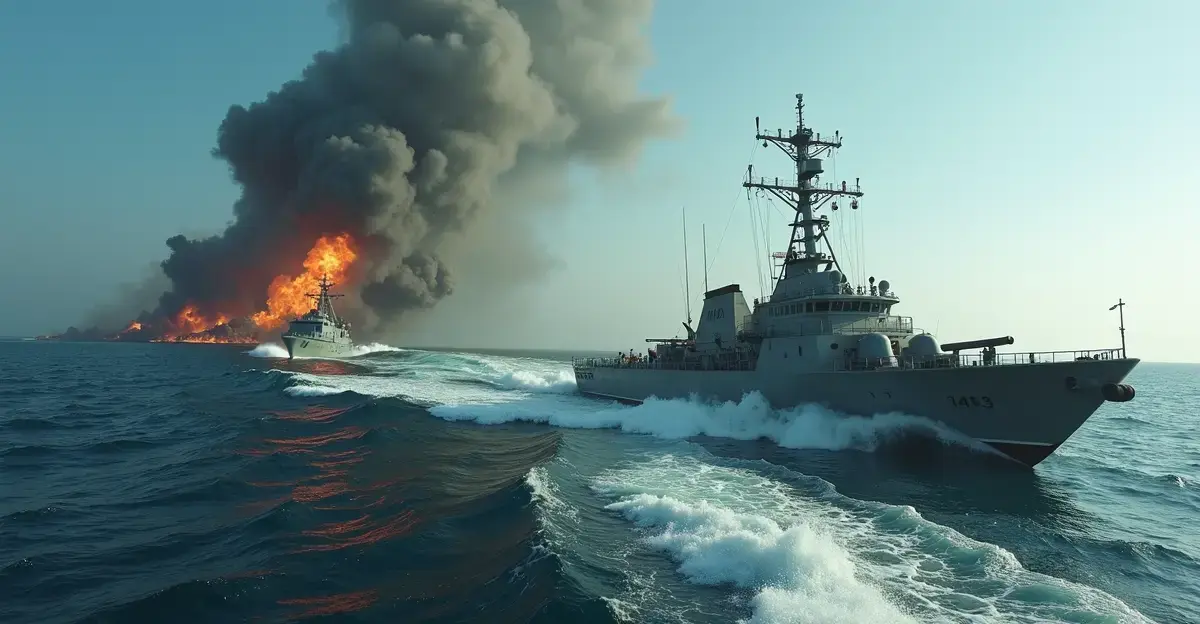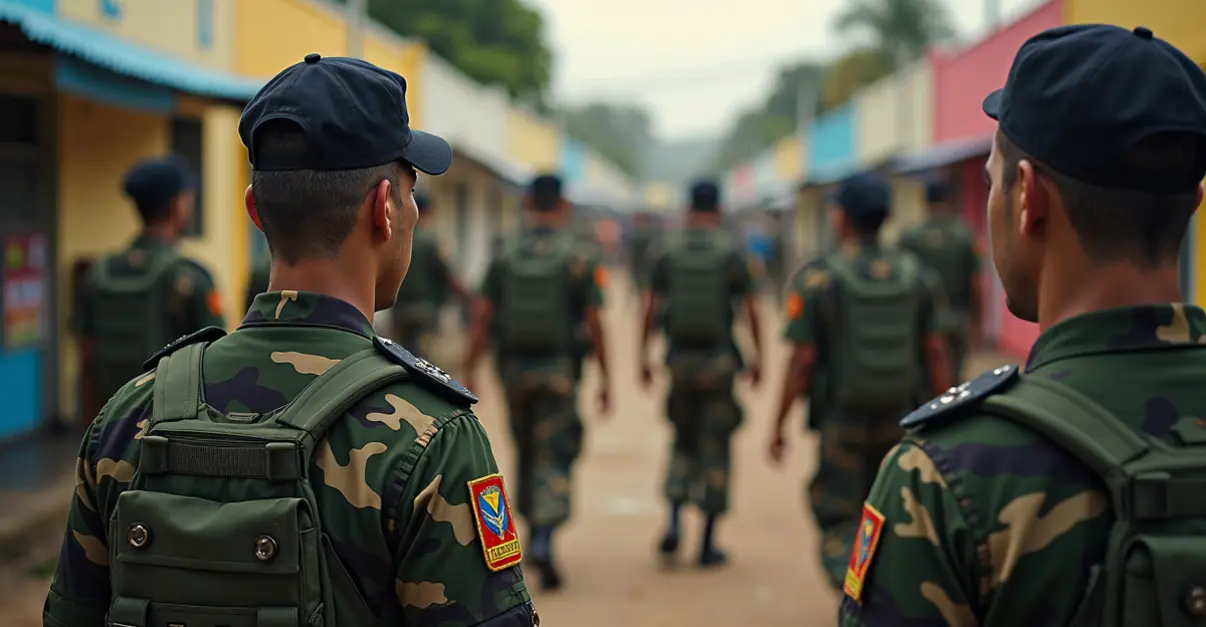President Trump confirms CIA authorization for covert operations in Venezuela, citing drug trafficking and prison releases as justification. This follows recent military strikes and escalating tensions, with Venezuela requesting UN intervention.
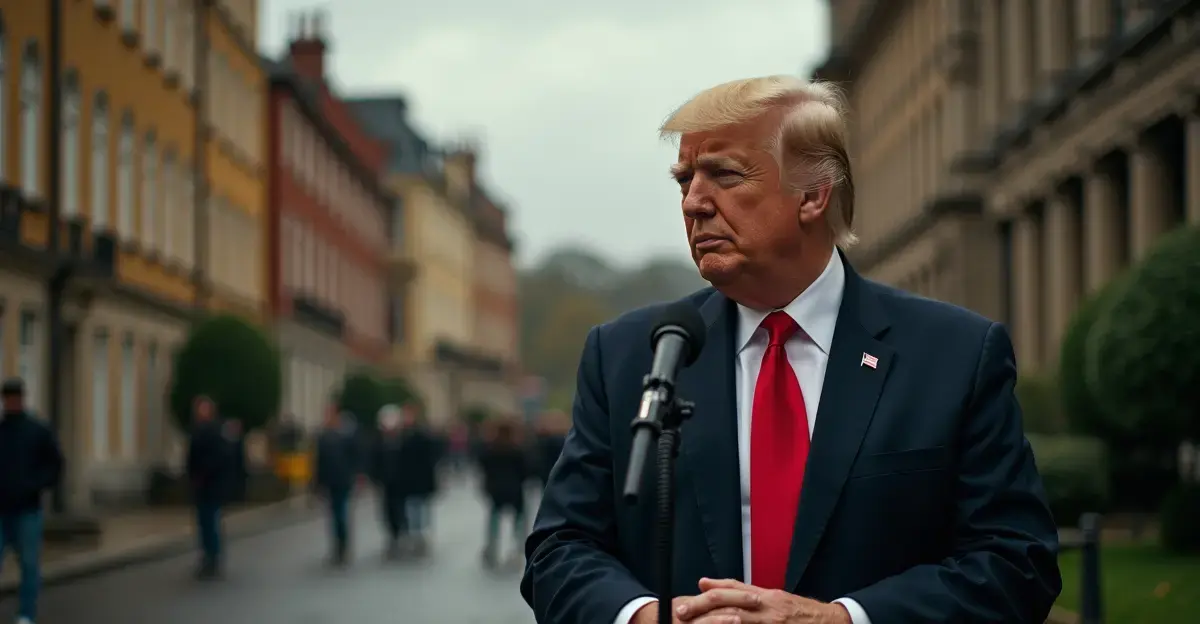
Trump Confirms CIA Authorization for Venezuela Operations
President Donald Trump has confirmed that he has authorized the Central Intelligence Agency (CIA) to conduct covert operations in Venezuela, marking a significant escalation in U.S. policy toward the South American nation. The confirmation came during a press briefing in the Oval Office, where Trump stated he was considering additional attacks on the country, saying 'now that we have the sea so well under control'.
Background and Justification
Trump cited two primary reasons for his decision: unsubstantiated claims that Venezuela has 'emptied their prisons into the United States' by sending prisoners and people from mental institutions across the border, and allegations that significant quantities of drugs are entering the U.S. from Venezuela, primarily via maritime routes. 'But we are going to stop them over land too,' Trump added during his remarks.
The authorization follows initial reporting by The New York Times, which revealed that Trump had granted the CIA authority for covert actions in Venezuela. According to the Times, the Trump administration's strategy appears aimed at ousting Venezuelan President Nicolás Maduro, though Trump refused to answer questions about whether the CIA had been authorized to target Maduro directly, calling such inquiries 'ridiculous'.
Recent Military Escalations
The covert operations authorization comes amid a series of military actions in the Caribbean region. Just two days before Trump's announcement, U.S. forces destroyed another speedboat off Venezuela's coast, bringing the total to five deadly attacks in the Caribbean over the past six weeks. These operations have resulted in at least 27 fatalities, according to Trump's statements.
The administration has deployed substantial military assets to the region, including eight warships, a nuclear submarine, fighter jets, and approximately 10,000 U.S. forces. Trump claims the targeted vessels were transporting drugs, though no evidence has been provided to support these assertions, and the legal basis for the attacks remains unclear.
International Response and UN Involvement
Venezuela has responded to the escalating tensions by requesting an emergency session of the United Nations Security Council. UN Assistant Secretary-General Miroslav Jenča has urged restraint, emphasizing that counter-drug efforts must comply with international law and human rights standards.
The Venezuelan government has condemned Trump's comments as 'warmongering' and accused the United States of seeking regime change. Venezuela has also declared a state of emergency and mobilized 4.5 million militia members in response to what it perceives as mounting threats from the U.S.
Legal and Political Controversy
The Trump administration's actions have drawn bipartisan criticism in Congress. Lawmakers have expressed concerns about the lack of congressional authorization for military strikes and insufficient evidence regarding the targets. The Justice Department has doubled the bounty for information leading to Maduro's capture to $50 million, alleging he controls the Tren de Aragua drug cartel.
However, UN data contradicts Trump's claims about Venezuela's role in drug trafficking, showing that Venezuela is not a cocaine-producing country and ranks sixth among Latin American nations in cocaine seizures at less than 2% of total seizures.
Regional Implications
The authorization of CIA covert operations represents a significant shift in U.S. policy toward Venezuela and could have far-reaching consequences for regional stability. The move signals a more aggressive approach by the Trump administration in its efforts to influence political developments in Venezuela, where the country has been experiencing severe economic and political turmoil under Maduro's leadership.
As tensions continue to escalate, the international community watches closely, with many expressing concern about the potential for further military confrontation and the implications for international law and regional security in the Caribbean and South America.

 Nederlands
Nederlands
 English
English
 Deutsch
Deutsch
 Français
Français
 Español
Español
 Português
Português




